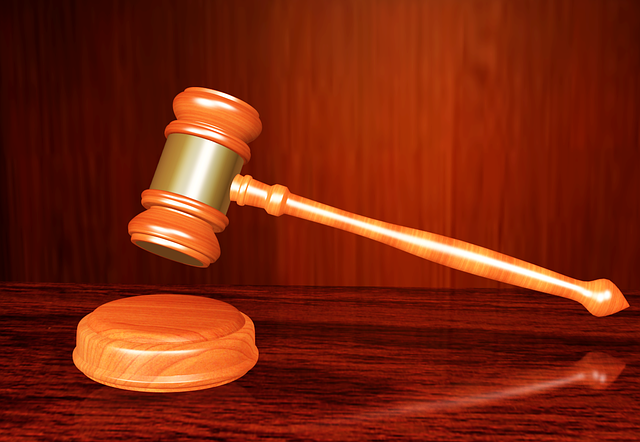How Court Reporting Works
In America’s court system, safeguards such as court reporting during lawsuits and trials are relied on to ensure individual rights to due process of law. The Fifth Amendment to the United States Constitution reads, “No person shall be…deprived of life, liberty, or property, without due process of law; nor shall private property be taken for public use, without just compensation.” Due process refers to the government operating completely within the law and providing fair treatments and procedures. The following frequently asked questions will cover the basics of court reporting in general as well as in a more specific location such as Florida.
What is Court Reporting?
In legal proceedings, court reporting is the process that creates and preserves a record of words spoken in the duration of court trials and everyday meetings or depositions. Court reporters are also responsible for providing accurate transcriptions of the proceedings in case an appeal is filed. They play a critical role in both judicial proceedings and every meeting in which spoken words must be preserved in a written transcript for the purpose of reading, researching, and archiving.
As was mentioned in the introduction, court reporting ensures that the government is operating legally and treating individuals fairly during lawsuits and trials. In Florida, the court system depends entirely on due process services such as court reporting to fulfill its mission to protect rights and liberties as well as uphold the law and help in providing peaceful resolutions of various disputes.
What Do Court Reporters Do?
Written accounts of words spoken during meetings and trials are necessary for legal proof, and court reporters — also commonly referred to as shorthand reporters — provide them word-for-word. Court reporters are responsible for many functions, including attending depositions, hearings, proceedings, and other events that require written transcripts; capturing spoken dialogue with specialized equipment; reporting speakers’ identification, gestures, and actions; reading or playing back the proceedings upon request from the judge; asking speakers to clarify inaudible or unclear statements or testimony; and providing copies of transcripts and recordings to the courts, counsels, and other parties involved. Some also provide closed-captioning and real-time translations to the deaf and hard-of-hearing communities.
What Are the Court Reporting Methods?
In Florida’s court system, a variety of methods including shorthand, stenography, computer-aided transcription, real-time court reporting, audio tape recording, and digital audio recording are used by court reporters. Of the many court reporting methods, the stenographic method is the most commonly used. Stenotype machine recording involves the court reporter inputting dialogue as it is spoken into a device similar to a keyboard. The difference between a traditional QWERTY keyboard and a stenograph machine is that a stenograph machine types syllable-for-syllable rather than letter-for-letter. The machine allows the court reporter to press multiple keys at a time in order to record the proper sounds and inflections needed to create the exact words and phrases that are said during proceedings. The symbols are recorded electronically and then displayed as readable text. With this real-time technology, judges and attorneys have immediate access to specific words and phrases.
Although stenography is still widely used, other methods can be just as helpful, if not more so. For example, the court reporters in Miami at Brickell Key Court Reporting use the latest technology with digital video recordings. Video cameras and microphones placed throughout a courtroom are able to easily and instantaneously record both the audio and visuals of entire proceedings. Court reporters in this region of Florida also provide clients with searchable online locations of all transcripts, high definition video conferencing that makes remote testimonials possible, and expedited delivery of all recordings.
To be a court reporter, one must be an expert at using shorthand, proficient in English grammar, spelling, and punctuation, and understand legal principles. Without these highly-skilled professionals, there would be no records of legal proceedings — which would lead to unfair and unlawful treatment of individuals.

